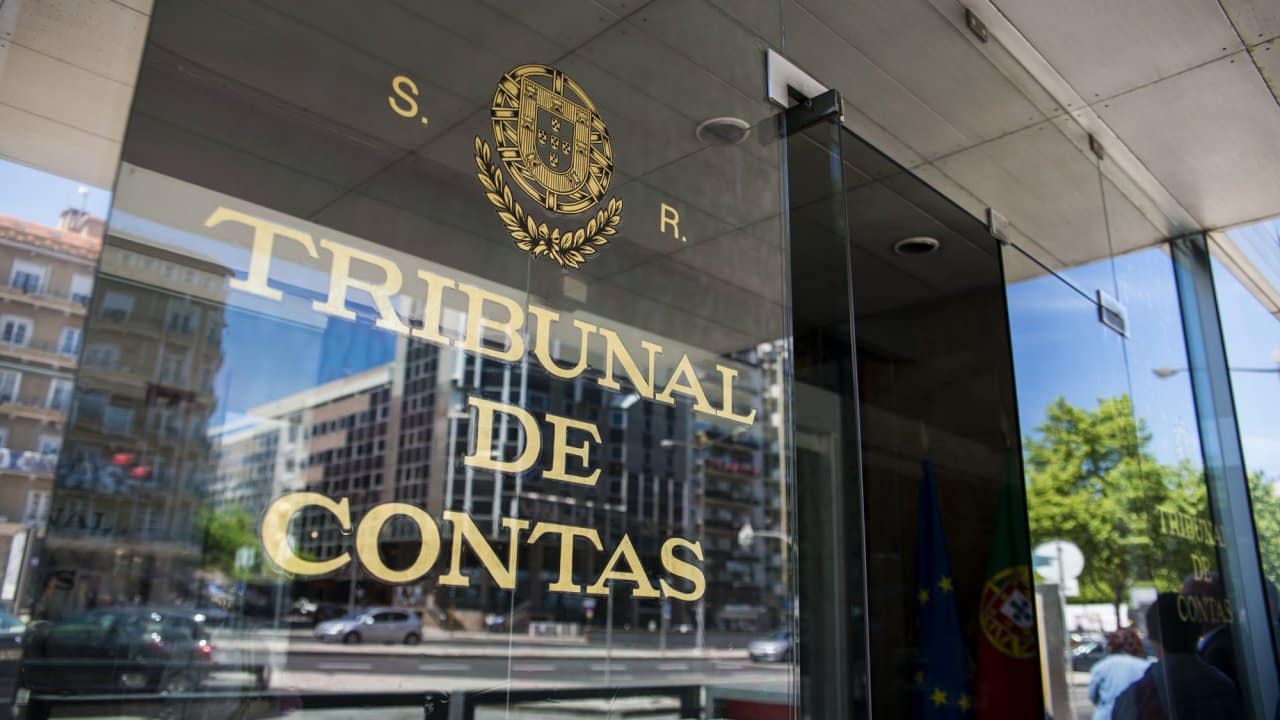Around €1 million in tax exemptions unduly granted clawed back
Portugal’s Court of Auditors (TdC) has found flaws in checks carried out by the country’s Tax and Customs Authority (AT) of tax rules benefiting real estate investment funds.
According to a new audit report of the tax benefits for property investment companies, the Court of Auditors states that in 2023 there were 265 property funds operating in Portugal, with assets under management totalling €14.440 billion (equivalent to 5% of the country’s gross domestic product).
Regarding checks carried out by AT, the court concludes that “the procedures put in place do not guarantee that the tax regime benefits only those funds that are entitled to it.”
Added to this is the fact that, according to the document, property funds are not subject to specific control procedures – despite the fact that their tax situation is monitored by the Large Taxpayers Unit.
With regard to tax benefits granted to these organisations in terms of IMI (municipal property tax) and IMT (municipal property purchase tax), the TdC identifies “shortcomings in the control of the deadline for resale, as well as exemptions granted under legal provisions that (are) no longer in force.”
Procedures for recovering missing amounts set in motion by AT, following this audit, have already managed to recover around €1 million “arising from tax exemptions unduly granted.”
The audit also concludes that the “assessment of this more favourable IRC [corporate income] tax regime is compromised by the fact that the Tax and Customs Authority does not calculate the revenue that will no longer be collected” – stressing that this quantification was also “not done in the context of the assessment carried out by the government in 2020, which nevertheless concluded that the tax regime should be maintained.”
Among recommendations the court makes to the Ministry of Finance and AT is the need to ensure “the quantification of corporate income tax revenue that is no longer collected as a result of the more favourable tax regime” and that the gaps and weaknesses detected in terms of control are corrected.
The court also wants discriminatory situations identified by the Court of Justice of the European Union (CJEU) to be eliminated, in a reference to the fact that that institution has concluded that Portugal’s system for levying IRC on these funds does not ensure the free movement of capital provided for in the European Union Treaty, because it excludes non-resident entities.
LUSA



















